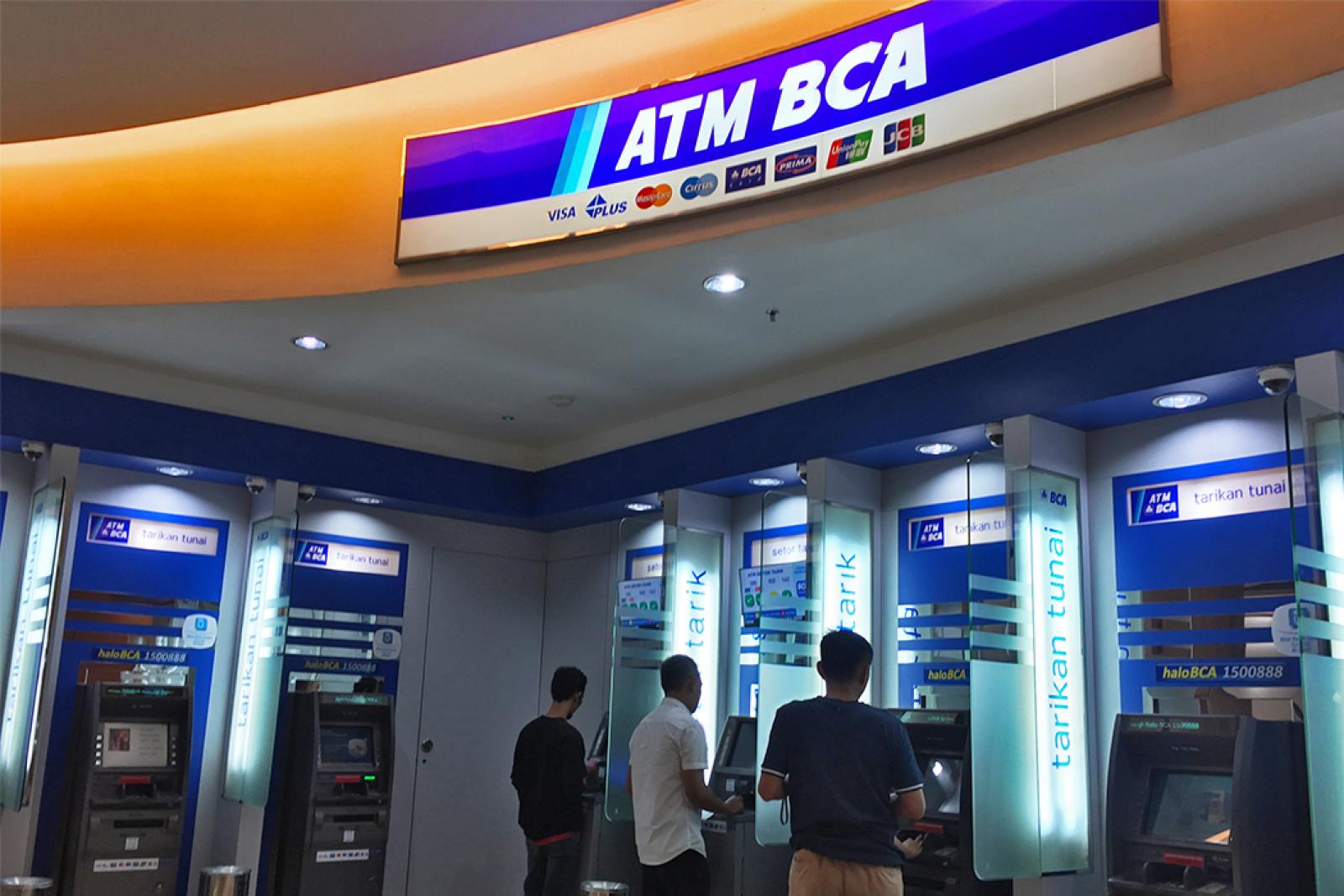The CFTC claimed that without the judge’s written opinion, it could not make an informed decision on the next steps or adequately brief a motion for a stay pending any potential appeal.
Judge Cobb granted a temporary stay, but it only extended through the end of the hearing on Thursday, leaving the door open for Kalshi to launch its election markets soon after.
waiting for election markets to go live pic. .com/o4qMzyge19
— Kalshi (@Kalshi) September 12, 2024
The Future of Political Prediction Markets On Tiny Rope
The outcome of this legal battle has broader implications for the future of political prediction markets in the U.S.
Currently, PredictIt is the only company legally operating political prediction markets in the country under a narrow regulatory exemption.
Other platforms, like Polymarket, operate outside U.S. jurisdiction, offering betting opportunities through cryptocurrency-based contracts.
Polymarket has seen substantial activity, with $875 million in bets on the upcoming presidential election as of Wednesday.
Kalshi’s potential entry into the market represents a shift towards more regulated and accessible political betting platforms.
Unlike PredictIt, which has strict limits on the number of participants and bet sizes, Kalshi aims to attract institutional investors by allowing positions up to $100 million.
Proponents of regulated prediction markets argue that they provide valuable insights into election outcomes by incentivizing accurate predictions, which reflect the aggregated wisdom of financially invested participants.
However, the CFTC remains cautious about the potential impacts of expanding political prediction markets, particularly regarding election integrity.
CFTC Chair Rostin Benham has expressed concerns that the agency is not equipped to monitor the complexities of election markets, which involve numerous participants and rapidly evolving dynamics.
“Our new authorities would per se include monitoring elections, candidates and countless participants in the political machinations that proliferate in the media and cyberspace.”
The agency’s regulatory mandate traditionally covers futures markets and fraud prevention in commodity transactions, making the oversight of election markets a new and potentially challenging responsibility.
The CFTC is also considering a proposed rule to prohibit election contracts across all exchanges it oversees, which now further complicates things for platforms like Kalshi.





